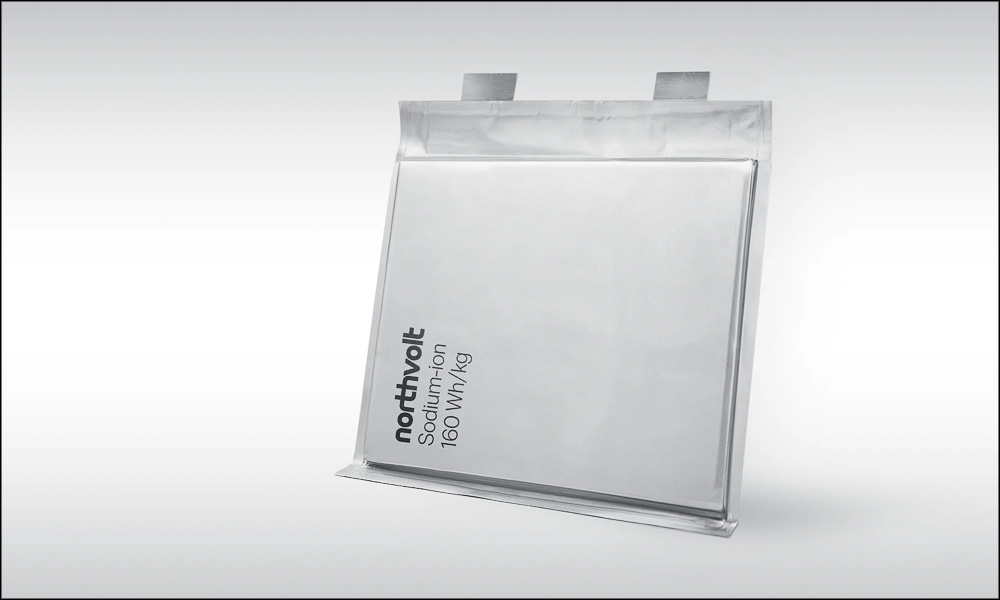
EVs are growing rapidly in popularity, but while many people have started to love them, criticisms are also never far away. The processes and the materials involved in creating the huge battery packs required to power these cars and trucks are subject to negative perceptions and stories regularly.
Some of them are almost certainly justified, as traditional lithium-ion batteries require huge amounts of rare-earth materials that are often mined under hazardous conditions. This is why a recent breakthrough by Swedish battery maker Northvolt might be a really big deal.
Northvolt’s new sodium-ion battery doesn’t require any rare lithium, and also does away with materials such as nickel, cobalt, and graphite, raising hopes for electric mobility that is truly green thanks to the use of nontoxic raw materials. Sodium-ion batteries are nothing new, but until now, they had one serious disadvantage: their low energy density.
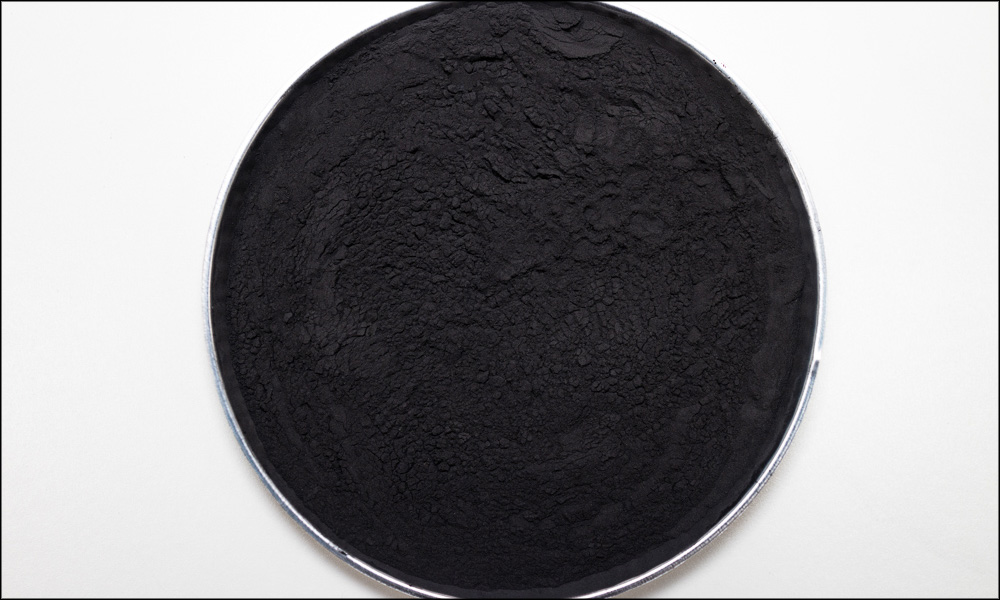
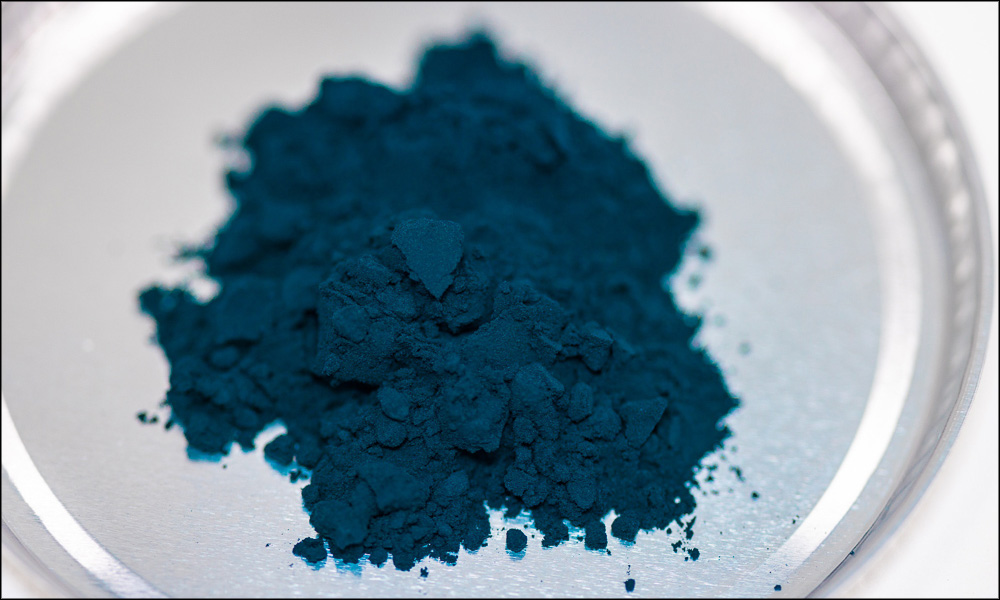
Modern lithium-ion batteries currently achieve between 200-250Wh per kilogram of battery weight, depending on the material of the second electrode. Now, Northvolt promises an energy density of 160Wh/kg for the sodium-ion battery. Still not quite as good as lithium-ion cells, but well on the way to being a viable alternative.
What makes these new batteries so desirable for manufacturers is the fact that they are based on inexpensive, globally distributed, and freely available raw materials. The breakthrough battery is based on a hard-carbon anode and a Prussian white-based cathode, and seems to tick all the boxes for performance, sustainability, and safety.
Northvolt and its research partner Altris claim that the attributes of these new cells make them perfect for use in hot climates, such as the Middle East, Africa, and presumably also the Philippines.
For now, the sodium-ion batteries will be aimed at energy storage, but future iterations with even higher energy density will then be used for electromobility. The first sample battery cells of the new design are scheduled to be delivered to selected test customers in 2024.


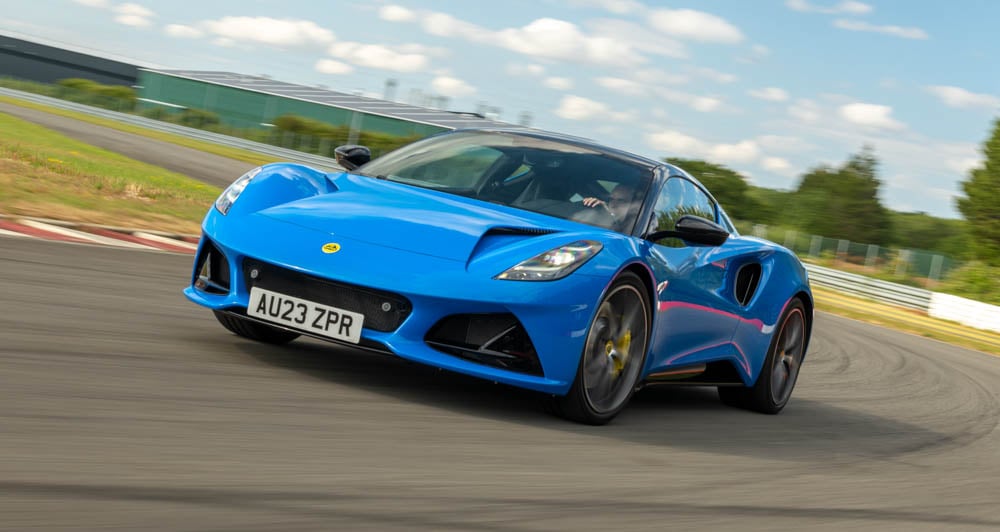
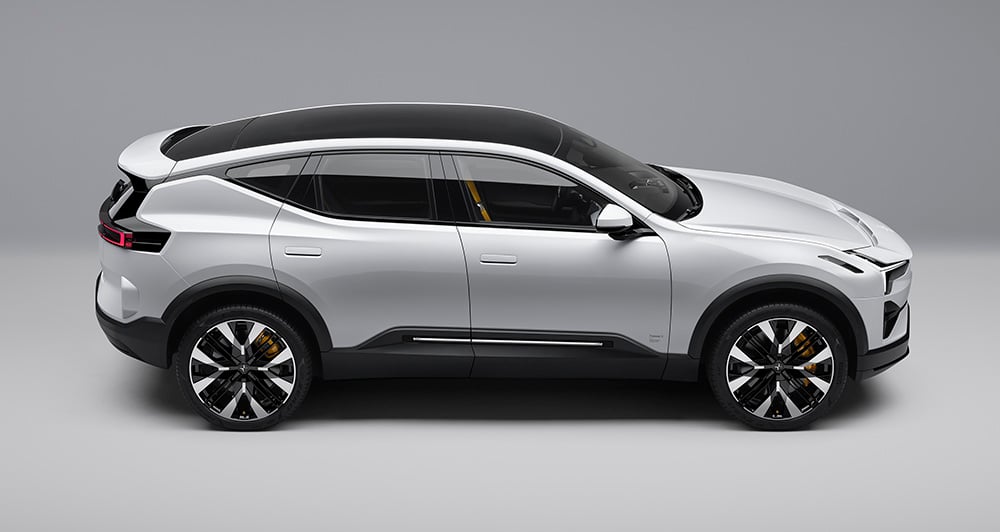
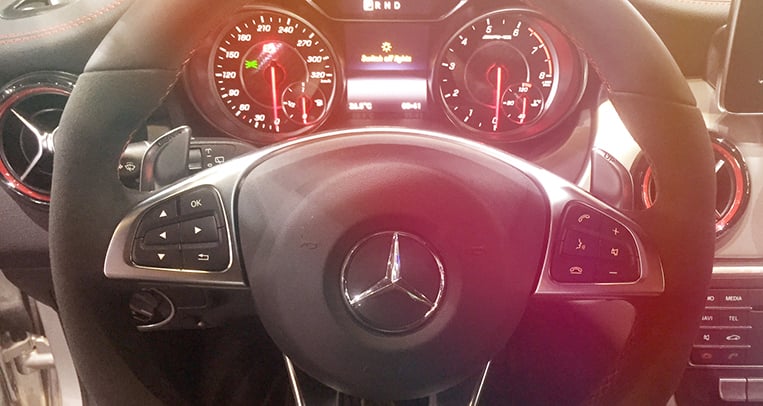

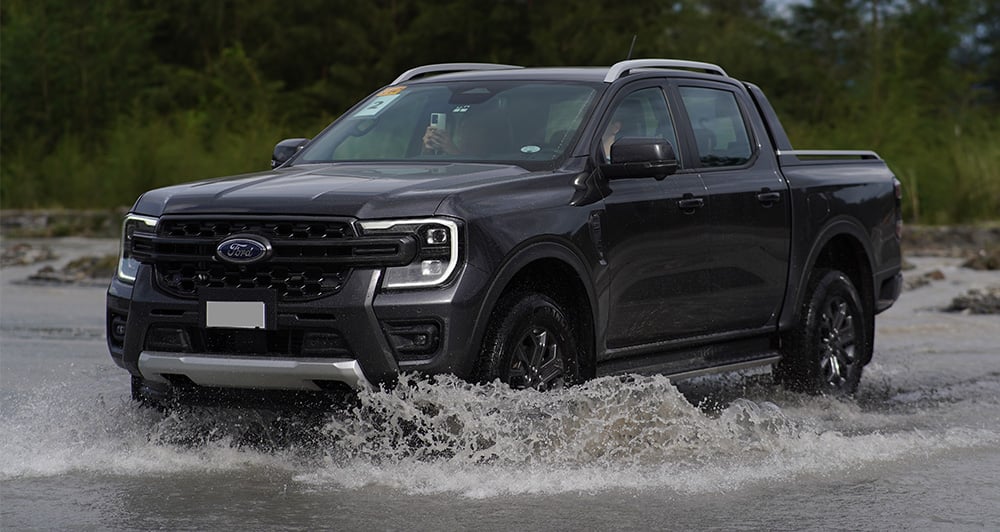

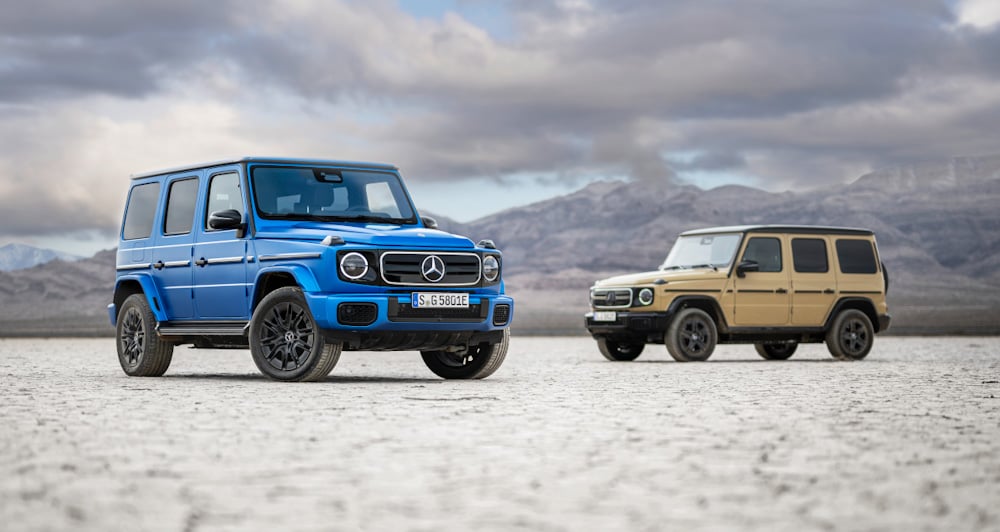
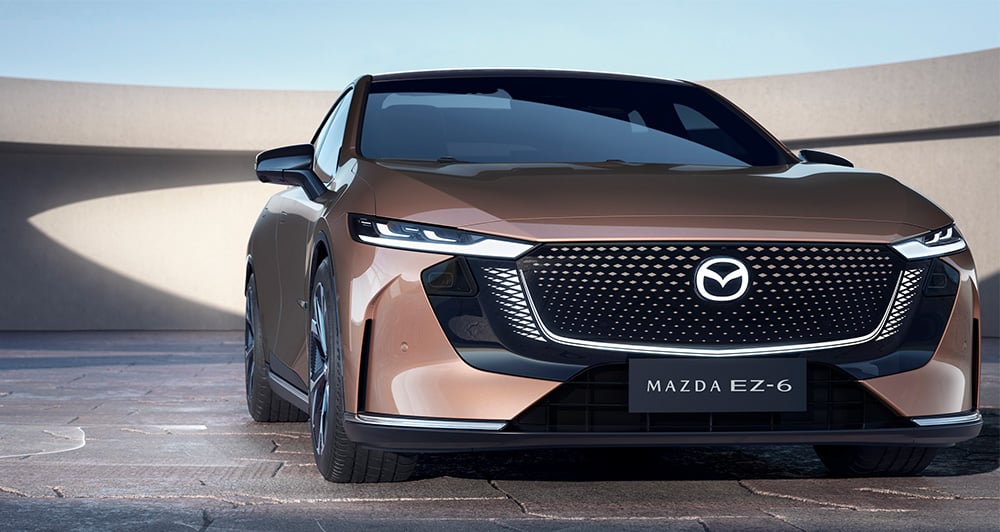
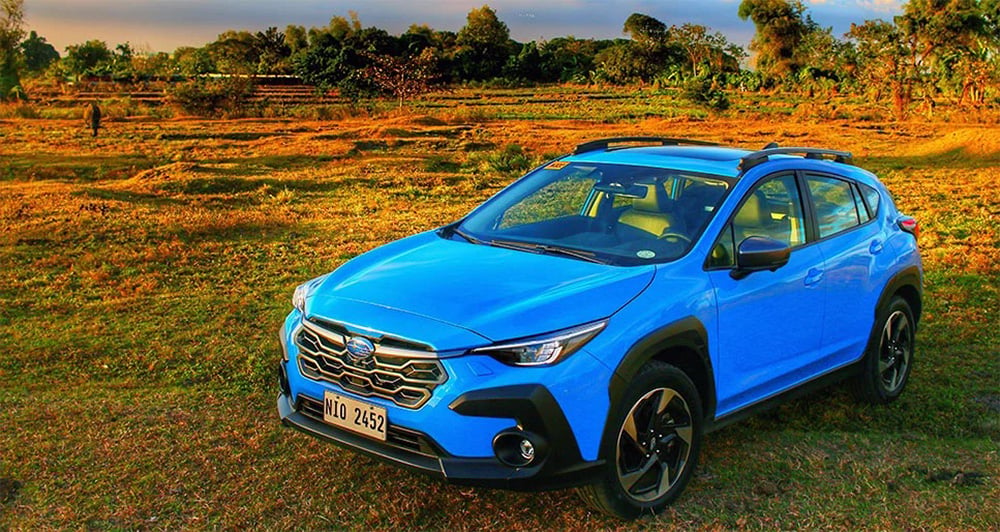
Comments